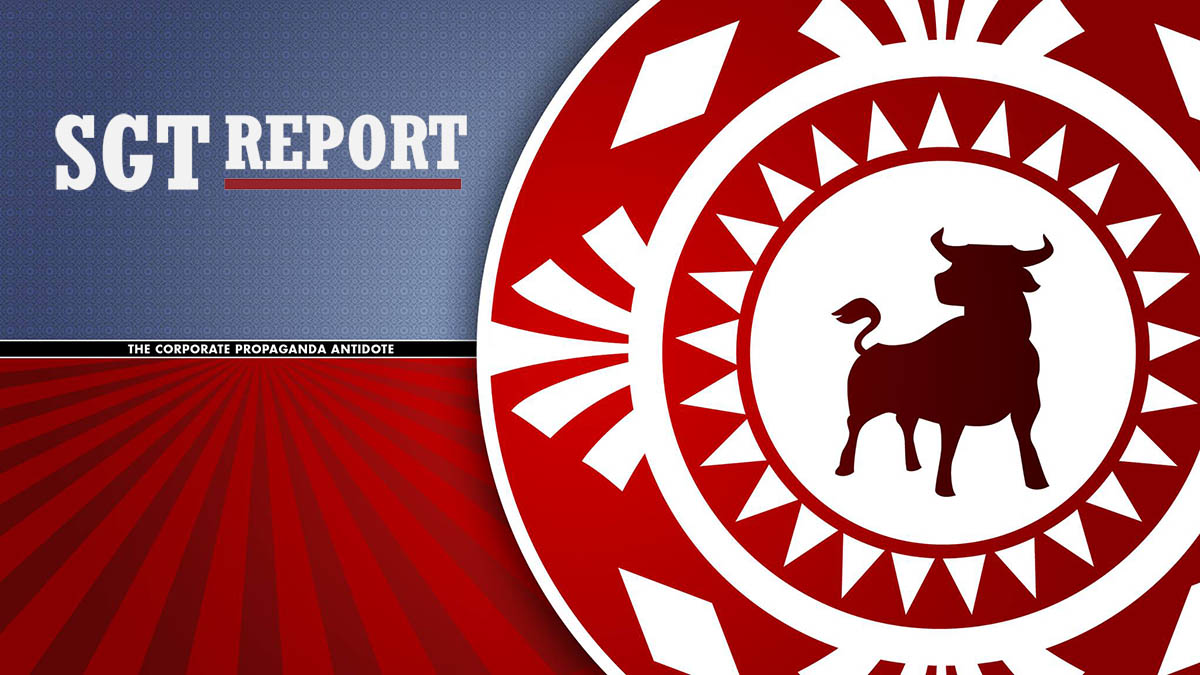Keeping Wealth Safe

This experience turned me into a lifetime holder of precious metals. It also made me unusually conscious of the necessity for safe storage.
Back in 1970, economist Harry Browne wrote on what he considered the essential requirements regarding safe storage of wealth. He began by stating that “paper receipts are not real money; they are money substitutes.” He then defined the minimum criteria for the storage of real money:
- The storage facility must have a good reputation
Whether the client trusts the facility is not sufficient. It must be generally accepted as trustworthy, or transactions cannot take place. - The real money must be readily accessible
If your wealth is not yours on demand, it is not truly yours. - The real money must be kept out of circulation
If the storage facility may loan out your wealth, or bundle it together with the wealth of others, it’s not readily accessible.
So, let’s consider how well banks have adhered to the above principles as wealth storage facilities since 1970.
All of the larger banks have become involved in questionable loan practices in recent decades. This has made them unstable at best. Some would have failed, were it not for bail-outs (and, in some cases, bail-ins) by governments. In bail-outs, bankers paid themselves enormous bonuses, based upon the volume of their loans, no matter how unsound and, when the Ponzi scheme collapsed, governments rewarded them for their misdeeds by providing taxpayers’ money to re-float their banks, as they were “too big to fail.” Bail-ins were worse, as governments approved the robbery of depositors’ funds to re-float the banks. (At present, the EU, US and Canada all have bail-in laws that allow bankers to unilaterally perform this type of robbery, by declaring a “bank emergency.”
Considering the above, it would be difficult to imagine banks to have a worse reputation for deposit safety.
As to wealth being accessible, most all countries now have laws that define your deposits as “bank assets” and that they represent a “liability” of the bank. This means that, at any given time (say, in a crisis situation), the bank has no obligation to allow you to withdraw your savings. The bank may wait until its crisis is resolved (if at all). Then, you’d be entitled to whatever portion of your savings actually remained, following the resolution. (The percentage can be as low as zero.) The bank has the authority to declare a freeze on withdrawals at any time, without recourse by depositors.



